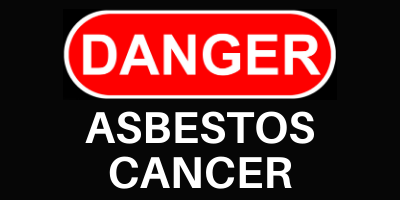Kaiser Aluminum Asbestos Exposure
Founded by Henry J. Kaiser in 1946, Kaiser Aluminum, positioned along the banks of the Ohio River in Ravenswood, WV, rose to prominence in the aluminum refining and manufacturing industry, spearheading innovations and advancements. However, its legacy includes asbestos-related controversies, a chapter in its history that spans several decades.
Initially operating with two reduction facilities and an aluminum rolling mill, Kaiser Aluminum quickly expanded its operations by acquiring bauxite mines and establishing refineries for alumina production. Asbestos, prized for its heat-resistant properties, was used extensively in Kaiser’s manufacturing processes, lining vessels exposed to extreme temperatures during refining operations.
Kaiser most heavily manufactured asbestos-containing products from the 1950s through the late 1970s. They catered to industries such as construction, shipbuilding, and the military. Notably, Kaiser supplied asbestos fireboards for U.S. Navy ships during this period. Asbestos exposure risks became increasingly apparent, leading to a surge in asbestos-related claims against the company, including lawsuits filed by former employees and end users of its asbestos products, including U.S. veterans.
The late 1970s marked a turning point as regulatory bodies recognized asbestos as a carcinogen, prompting restrictions on its use. Evolving regulatory landscapes and mounting legal challenges forced the company to undergo significant restructuring. Kaiser divested its bauxite and alumina operations, redirecting its focus towards the production of high-grade aluminum products, particularly for the aerospace industry.
Today, Kaiser Aluminum operates 12 fabricating plants across the United States and Canada, boasting substantial annual production figures. While Kaiser Aluminum has reshaped its operations and now focuses on high-grade aluminum production, its legacy remains tarnished by its involvement in asbestos-related controversies. The company’s journey serves as a cautionary tale, highlighting the impact of industrial practices on public health and the importance of regulations and ethical business conduct in safeguarding workers and communities.
If you or a loved one has been diagnosed with mesothelioma due to asbestos exposure, you could be entitled to compensation. Contact us today at 412-471-3980 to protect your rights and secure the compensation you deserve.
Article first appeared on www.gpwlaw.com/news.
